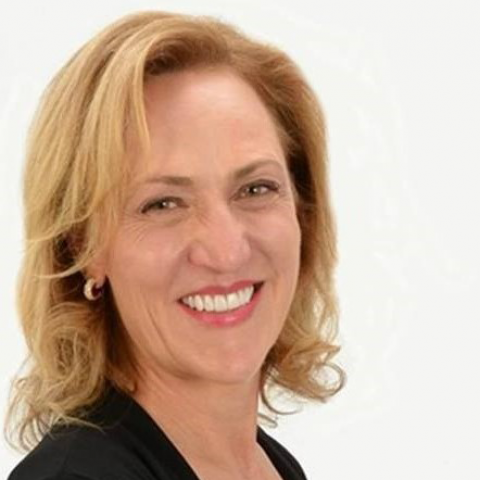Three Lessons We Can Learn from 40+ Years of Community Health Worker Programs
What will it take to finally create sustainable, scalable programs?


Laura Hoemeke has nearly 25 years of experience in global health, including field assignments in the Central African Republic, Benin, Senegal, and Rwanda, and short-term assignments throughout East, West, and Central Africa. Her areas of expertise include advocacy and policy, communications, and program design and management. She has worked in family planning, maternal and child health, malaria prevention and control, and HIV/AIDS prevention and control, as well as health systems strengthening and health governance.
Hoemeke began her career as a journalist in Chicago, then moved to the Central African Republic, where, as a Peace Corps Volunteer, she worked as a member of a CDC-supported child survival project team. Hoemeke then worked for Africare, overseeing projects throughout Francophone Africa. Hoemeke served as USAID Benin’s Family Health Technical Advisor for four years. In early 2003, she joined IntraHealth International as Regional Director for West and Central Africa, based in Senegal.
From 2005 through early 2010, Hoemeke was based in Rwanda as the director of IntraHealth’s successful USAID-funded Twubakane Decentralization and Health Program, which contributed to the country’s impressive results, particularly in the areas of health sector decentralization, family planning, and child health. In 2010, she joined IntraHealth’s headquarters leadership team as director of communications and advocacy and served as director of health policy & systems. Hoemeke has authored several publications and has spoken and presented at numerous global health conferences and other events.
Hoemeke earned her doctorate in public health from UNC Gillings School of Global Public Health in health policy and management. She has an master's degree in public health from the Johns Hopkins University and a bachelor's degree in journalism from Northwestern University.
What will it take to finally create sustainable, scalable programs?
Is the World Health Organization reembracing its original principles?
We must learn from what has worked—and more importantly, what hasn’t.
Community-based services should be designed from the point of view of the communities they serve.
Advocacy efforts to improve access to and use of family planning must include local government officials.
Salome was one of 830 women around the world who died that day from problems related to childbirth.
A new research award honors the life of our friend and colleague, Raluca Iosif.
“Do you want to get pregnant in the next two years?” How would you answer this question?
If the global community wasn’t able to achieve health for all by the year 2000, how can we do it by 2030? Here are a few ways.
What does it take for a country to follow through on big commitments?
As we celebrate International Youth Day, we’re talking with young people about planning their futures.
The 68th World Health Assembly made it clear that Ebola has fundamentally changed the direction of global health discourse.
It shouldn’t be just one part of what we do in global health. It should be part of how we do everything.
We sat down with Fatimata Touré to find out what it’s like to be an International Woman of Courage, how the award will change her life, and whether reconciliation is possible in war-battered northern Mali.
Thanks to an unusual collaboration, some young beat makers inspired us to call it what it is: not family planning, but future planning.
By calling what we do family planning, we may be ignoring the fact that many young people aren’t trying to plan families—they’re trying to plan futures.
Yesterday, donor countries and corporations pledged a record-setting $11.7 billion to the Global Fund to Fight AIDS, Tuberculosis and Malaria. The largest pledge came from the United States government—$4 billion over the next three years, which is an increase of nearly 40% over past commitments and the largest increase of any donor country.